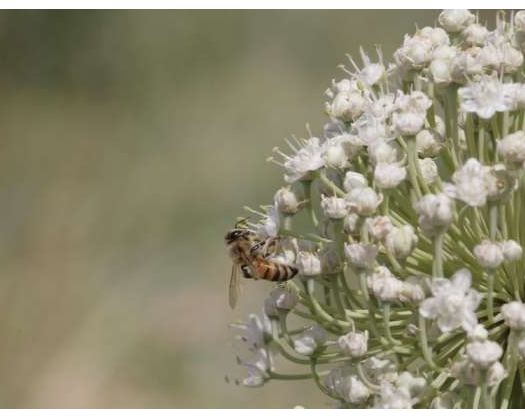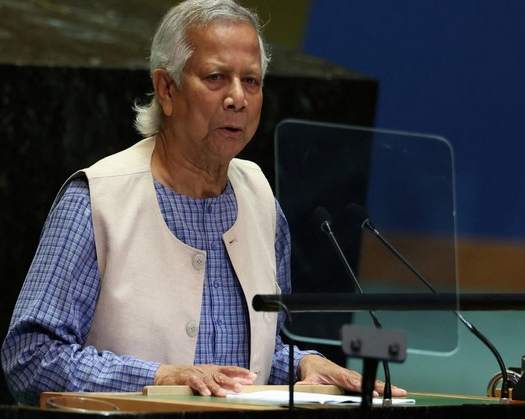Muscat: The Sultanate of Oman is commemorating World Bee Day, which is marked every year on May 20 to promote knowledge about the significance of bees and pollinators in the environment, as well as their critical role in ensuring food security and long-term development.
The recognition of this global day represents a critical milestone in boosting initiatives to conserve bees and other pollinators, directly contributing to addressing global food supply difficulties and potentially eliminating them, particularly in developing countries.
Oman has prioritized the beekeeping business via the efforts of the Ministry of Agriculture, Fisheries, and Water Resources. The department has launched a number of research, consultative, and development initiatives and projects in several governorates. Among these efforts is the establishment of two annual honey markets in partnership with the private sector, one in midyear and the other in December. These initiatives strive to strengthen food security, encourage beekeepers to raise product quality, and generate long-term financial returns.
To help sustain the natural environment for bees, the ministry has propagated and distributed forage trees, known as Australian Acacia (Sumur), which have been planted at various agricultural and pasture locations. This project mitigates the devastation of grazing sites due to drought, overgrazing, and desertification, hence contributing to greater honey production during times of limited natural resources.
The department's activities include other bee products such as wax, royal jelly, and pollen, with the goal of creating an entrepreneurial mentality among beekeepers and opening new doors for value-added industries and public health.
According to 2024 data, Oman has around 5,352 beekeepers managing 178,069 beehives, with an annual honey output of 765,053 kilograms. With approximately 263,000 kg of honey produced each year, the North A'Sharqiyah Governorate leads honey production, followed by the A'Dakhiliyah Governorate with approximately 177,000 kg.
These figures show the industry's increase over 2023 levels, when 623,313 kg of honey were gathered from 145,485 hives. This increase underscores the industry's growth, which is fueled by continuous government assistance and beekeepers' recognition of the need of upgrading breeding and production techniques.
Oman reaffirms its unwavering commitment to environmental protection, biodiversity enhancement, and food security by promoting the beekeeping industry as an important economic component and a long-term source of income and production in rural areas.













